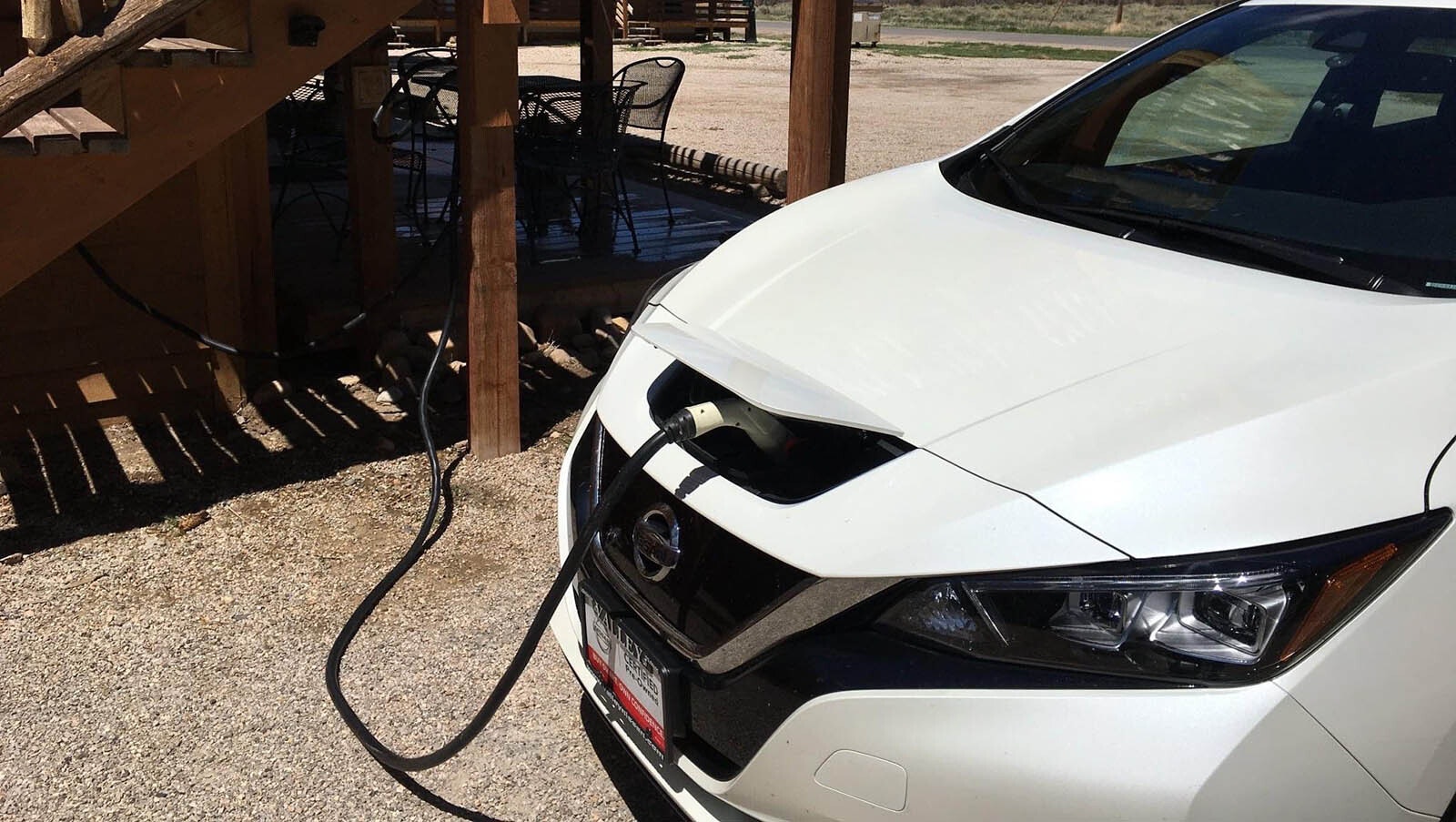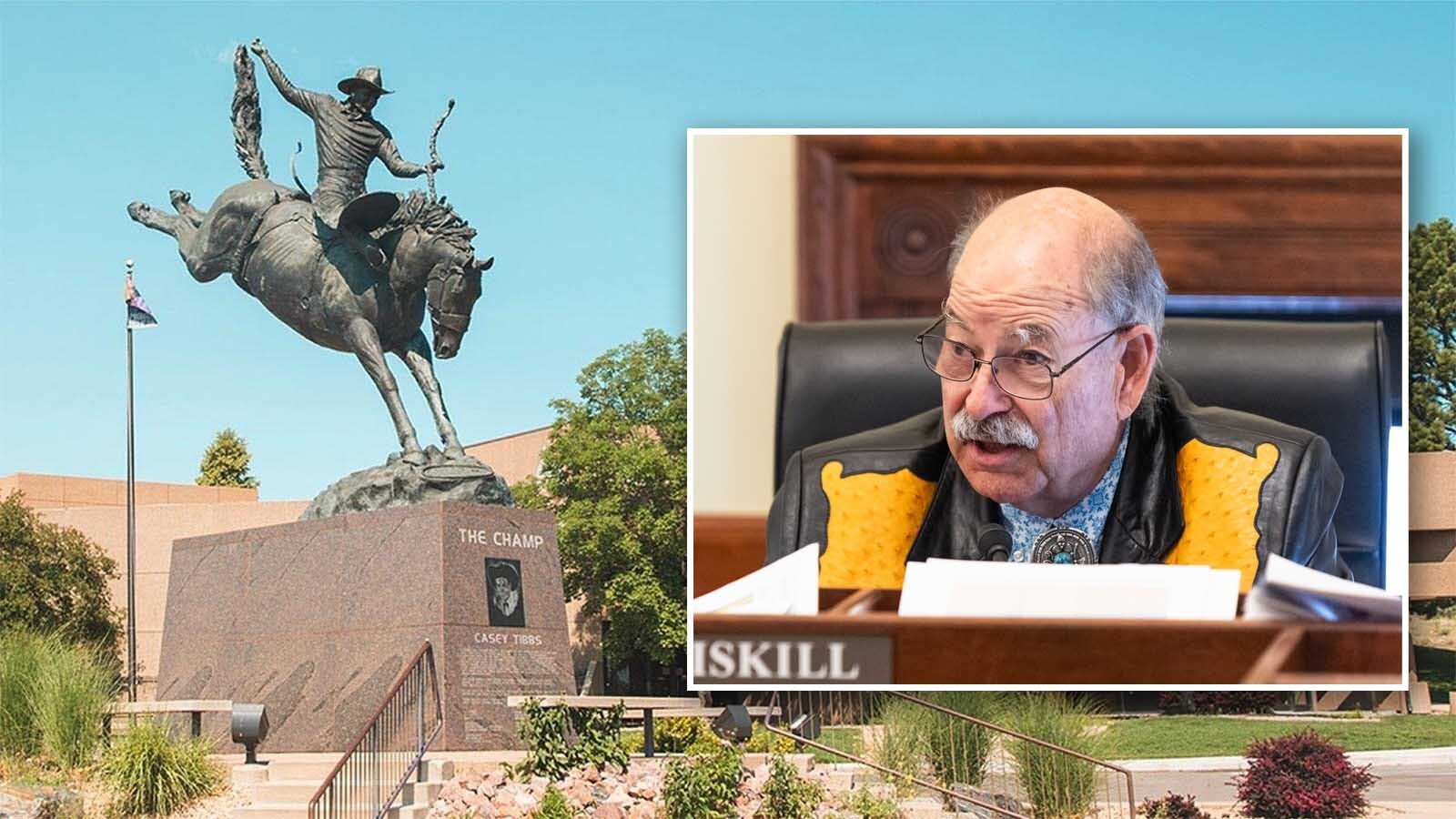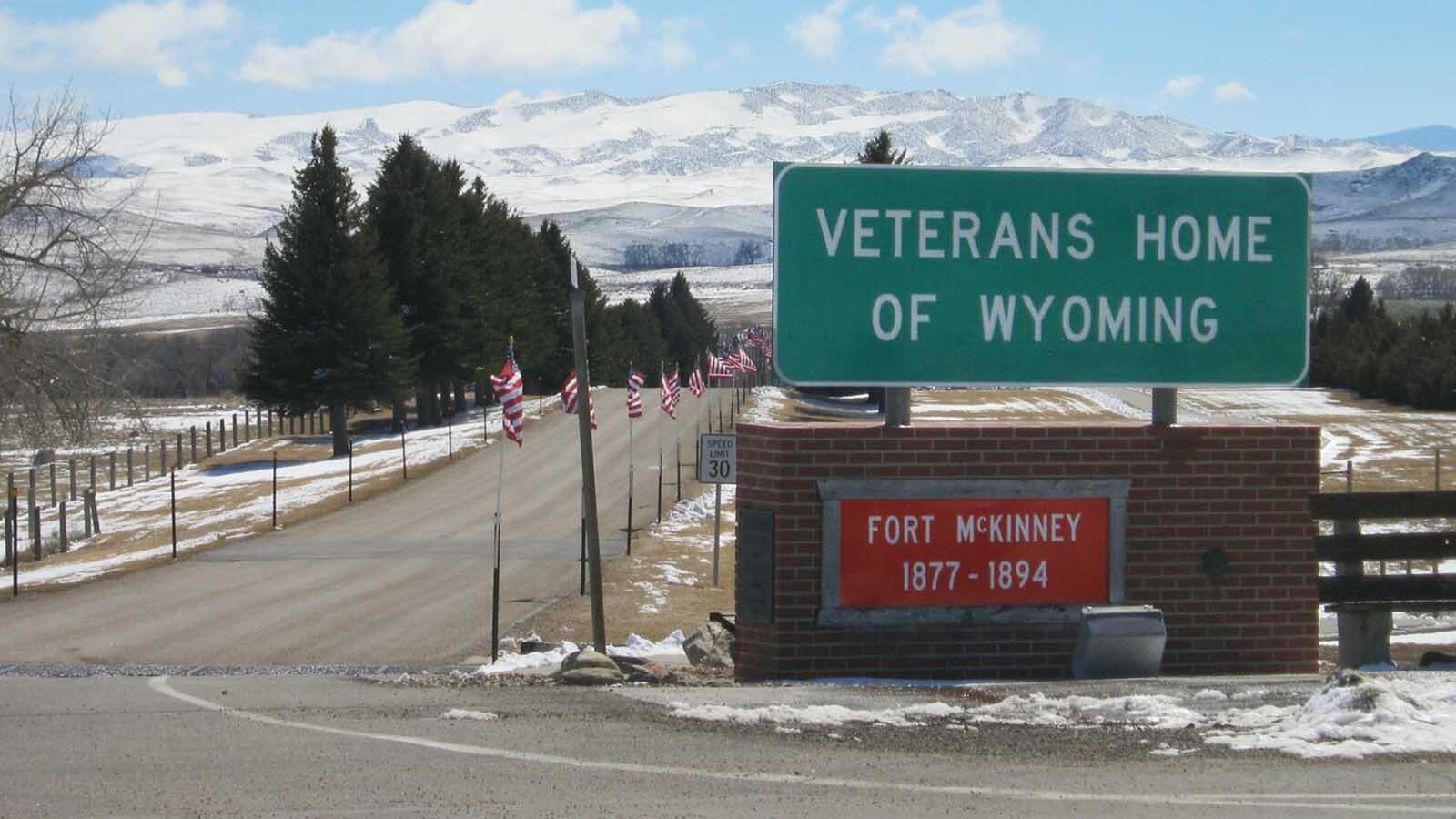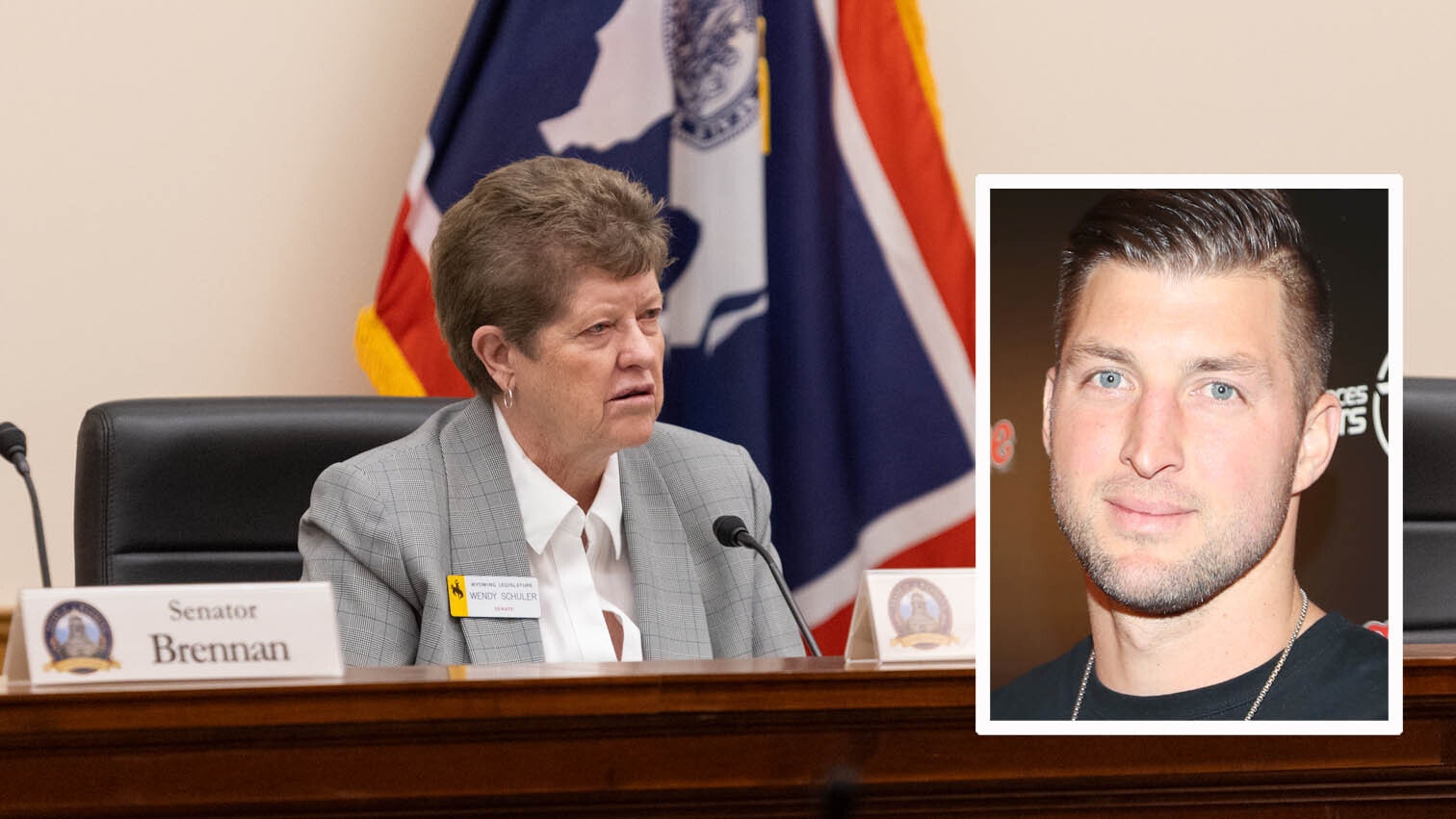WASHINGTON, D.C. — Wyoming’s congressional delegation is applauding the U.S. Supreme Court’s ruling that fuel makers are likely harmed by California’s auto emissions regulations and therefore have standing to sue in lower courts.
The 7-2 Friday ruling did not pertain to the merits of any case. It means the producers of gasoline, petrodiesel, biodiesel, ethanol and other biofuels can at least file lawsuits to battle regulations that aim to phase out combustion engines in favor of electric vehicles.
Specifically, the ruling means fuel producers can sue the Environmental Protection Agency for granting Clean Air Act waivers to California. The waivers let that state set its own air standards, which in turn are copied in whole or in part by 17 states.
The rest of the country uses the EPA’s standards, which are far less stringent. Republicans say California and the follow-on states are dictating the direction of the entire auto industry, affecting prices and availability of gasoline- and diesel-powered cars and trucks across the nation.
A waiver at issue in the high court’s decision Friday was older than the ones overturned this month by federal laws, including the waiver that sought to usher in the so-called California EV mandate.
The ruling was significant because it guarantees a line of attack open for fuel makers to pursue in an increasingly uncertain landscape.
Among other developments, California and nine other states are suing to overturn the new laws and get their latest rules reinstated. And Republicans in Congress have bills to strip states of the power to set auto emission standards in the first place.
Hageman: ‘Fundamental’ To Fairness
The decision “rightfully reaffirms that companies have the right to access the courts to challenge unlawful regulations — a cornerstone of American justice,” U.S. Rep. Harriet Hageman, R-Wyoming, told Cowboy State Daily.
“This ensures affected industries can pursue their claims, which is fundamental to judicial fairness,” added Hageman, an attorney. “That being said, the Court’s narrow ruling preserves California’s regulatory authority for now, while the litigation in the lower courts moves forward to address the merits of the underlying claims.”
The high court’s ruling reverses an order of the U.S. Court of Appeals for the District of Columbia Circuit. The D.C. Circuit had thrown out the fuel makers’ case for lack of standing, which the Supreme Court’s opinion harshly rebuked.
‘Whole Point’ Of Regulations
“The regulations likely cause the fuel producers’ monetary injuries because reducing gasoline and diesel fuel consumption is the whole point of the regulations,” Supreme Court Justice Brett Kavanaugh wrote for the majority. “The whole point of the regulations is to increase electric vehicles beyond what consumers would otherwise demand and manufacturers would otherwise produce.”
Though the federal circuit courts are primarily appeals courts, they — as opposed to federal district courts — have original jurisdiction on litigation challenging EPA actions. The high court’s ruling means the D.C. Circuit will take back the case and consider it on the merits.
The case was brought by a biofuel maker, Diamond Alternative Fuels, and joined by other companies and trade groups representing both petroleum fuel and biofuel makers.
A lobby group representing most gas stations, the National Association of Convenience Stores, is also a plaintiff.
Numerous corn grower associations are plaintiffs as well. Corn-based ethanol is routinely mixed with raw gasoline to produce the finished product sold at the pump.
Kavanaugh was joined on the opinion by Chief Justice John Roberts along with Justices Samuel Alito, Amy Coney Barrett, Neil Gorsuch, Elena Kagan and Clarence Thomas. Justices Ketanji Brown Jackson and Sonia Sotomayor dissented.
Barrasso Led Senate Battle
U.S. Senate Republican Whip John Barrasso of Wyoming was at the forefront of the Senate’s passage of the bills, first passed by the House, to overturn the most recent EPA waivers for California and the follow-on states.
President Donald Trump signed those bills into law June 12.
Barrasso noted those recent waivers were approved by the EPA during President Joe Biden’s term.
“Today’s Supreme Court ruling is another rebuke of California’s radical climate agenda,” Barrasso told Cowboy State Daily. “It comes on the heels of Congress rightfully voting to repeal the Biden Administration’s disastrous electric vehicle mandate.
“I applaud the Supreme Court for letting commonsense win, instead of heavy-handed regulations. Republicans will not ease up on the fight to rein in overreach and punishing regulations.”
U.S. Sen. Cynthia Lummis, R-Wyoming, told Cowboy State Daily: “California shouldn’t be allowed to dictate federal policy when it comes to pollution and emission standards. (Friday’s) decision was a step in the right direction towards affirming what we’ve always known to be true.”
California-Led Lawsuit
The federal lawsuit by California and nine other states seeks to throw out the new laws and reinstate their air rules.
The lawsuit was filed in the U.S. District Court for the Nothern District of California, based in San Francisco with branches elsewhere. It was filed the same day Trump signed the bills.
It’s not clear when the Trump administration will file a response.
The suit alleges procedural missteps by Trump and EPA Administrator Lee Zeldin. It also claims the Senate bent the chamber’s rules too far in how it passed the measure. More broadly, it alleges constitutional violations.
The 43-page complaint names as defendants the U.S. government as a whole, the EPA, Zeldin and Trump.
It does not name any member of Congress as a defendant, and the text does not refer to Hageman or Lummis. The text does mention Barrasso by name in two places.
Clean Air Act Background
The Air Quality Act of 1967, later renamed the Clean Air Act, generally preempts states from setting their own auto emissions standards. It empowered the EPA to set national standards instead to avoid a patchwork of regulations all over the country.
But California was granted an exception under the original law, allowing it to set stricter rules by seeking EPA preemption waivers. With few exceptions, those waiver applications have been granted over the past several decades.
Under the Clean Air Act amendments of 1990, other states were allowed to copy California’s rules. If California got an EPA waiver, the waiver could be automatically applied by any state that adopted California’s regulatory regime.
According to Congress’s nonpartisan legislative analysis arm, the Congressional Research Service, 17 states follow California’s regulatory regime in whole or in part.
Sean Barry can be reached at sean@cowboystatedaily.com.





